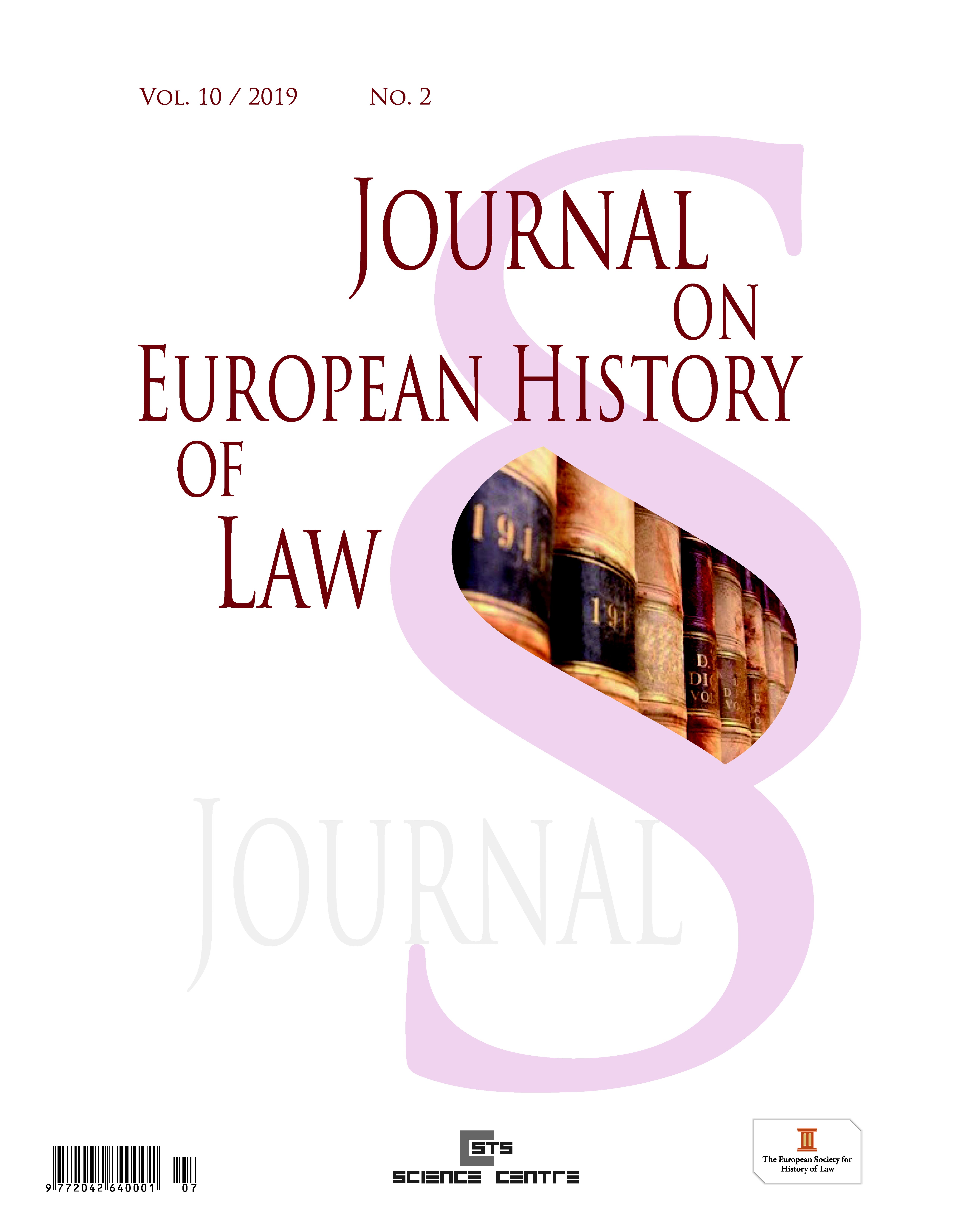Simplified Procedures in Criminal Matters and the Risk of Judicial Errors: The Case of Penal Orders in Germany
Simplified Procedures in Criminal Matters and the Risk of Judicial Errors: The Case of Penal Orders in Germany
Author(s): Raluca Alexandra EnescuSubject(s): History, Law, Constitution, Jurisprudence
Published by: STS Science Centre Ltd
Keywords: Criminal law; judicial errors; simplified procedure; penal orders; official statistics; Germany.
Summary/Abstract: The rise in simplified criminal procedures has been important over the last thirty years. While they certainly produce judicial decisions at a reduced cost, recent findings hint at their higher risk of judicial errors. This contribution sheds light on the birth of penal orders, first used by the police in Prussia as mandate orders. They were then included in the Code of Criminal Procedure of the German Empire. Nowadays numerous countries use penal orders to address minor offences and impose a penalty that became harsher over the decades. The shortcuts of this simplified procedure entails considerable risks of erroneous judicial decisions, precisely because of the features that made it successful in the first place. Courts are able to render justice more swiftly, but at what cost? The conversion of a prosecutorial investigation into a judicial decision requires safeguards to prevent erroneous judgments, especially wrongful convictions.
Journal: Journal on European History of Law
- Issue Year: 10/2019
- Issue No: 2
- Page Range: 182-187
- Page Count: 6
- Language: English
- Content File-PDF

